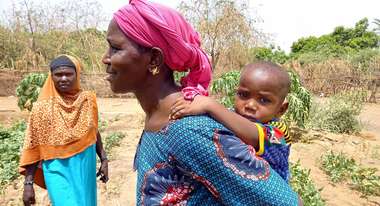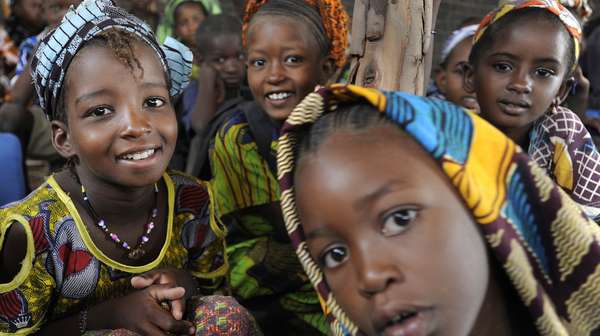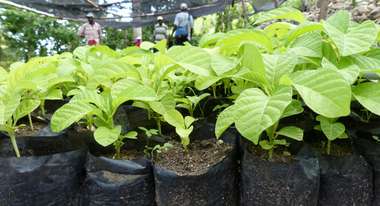60 percent of Mali is desert. A large part of the population therefore lives in the fertile south of the country.
Protection during drought and precipitation
Dams protect against floods and droughts in the regions of the Sahel affected by climate change.
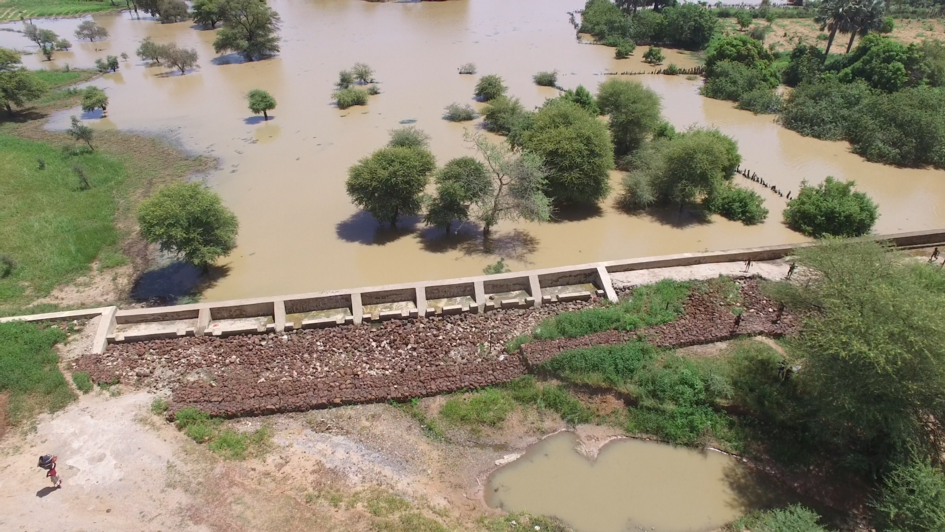
In some parts of the world, climate change is an abstract concept known only from the media. However, in much of the Sahel region of Africa, the effects are evident through years and seasons of abnormal rainfall. Together with Alliance2015 partner People in Need (PIN) and with financial support from the Czech Ministry of Foreign Affairs, Welthungerhilfe is working to alleviate flooding in the region and mitigate devastating droughts by building dams to retain water.
One such dam was completed in July in the village of Koungo in the Kayes region of western Mali. Today, farmers, cattle keepers, and herders from neighboring communities and even from distant areas on the Mauritanian border come to the edge of the dam to fetch water.
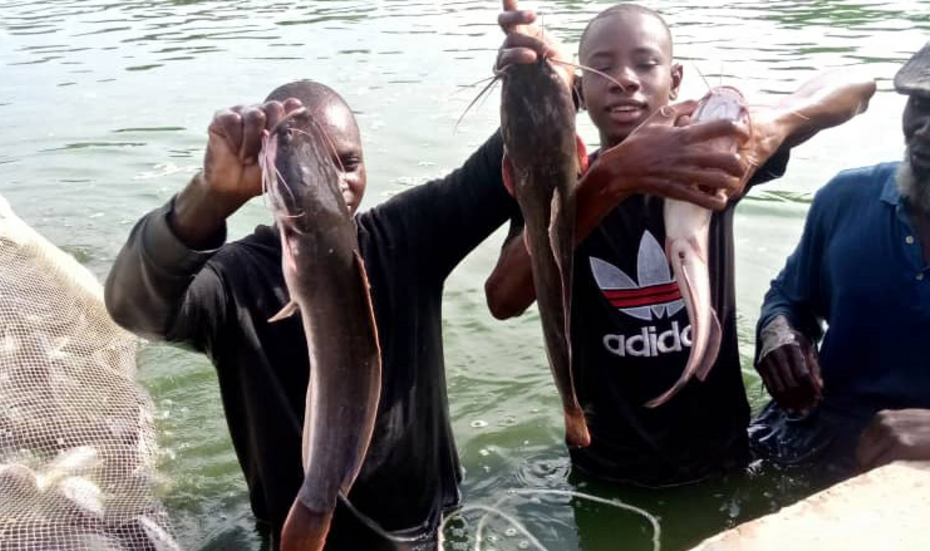
Learning lessons from climate change
The dam in Koungo was designed to protect against unpredictable rainfall, provide a source of water for the community, and extend the agricultural growing season. Initial work was completed in early June 2020, but torrential rains were so heavy and intense last year that parts of the dam broke and had to be repaired.
"Originally, the engineers had designed the dam to withstand the maximum total rainfall of the last ten years, which is the current technical standard in Mali," explains Jan Svitálek, PIN advisor on climate change and climate-smart agriculture. "The fact that the dam did not withstand last year's enormous rainfall shows that the climate is changing and that torrential rains are more frequent."
Miroslav Bálint, deputy ambassador of the Czech Republic to Mali, made a similar observation during a recent visit to the country. "Unfortunately, climate variability is becoming increasingly noticeable not only in Mali, but throughout the Sahel," he said. "The unpredictable increase in heavy rains, among other things, is leading to a large loss of agricultural land. This is devastating for locals, most of whom depend on agriculture for their livelihoods."
Local and regional benefits
The new dam in Koungo was inaugurated in July. It not only provides water, but also jobs for many of the residents who built it. Today, the water source provides water for about 1,200 people from Koungo, as well as seasonal herders and nomads. "The local population has the opportunity to influence the use of the dam," says Bálint. "They can take fees for using the dam and generate some income for the village."
In addition to the dam project, PIN and Welthungerhilfe have also reforested the area, supported the introduction of environmentally friendly agricultural techniques, equipped gardeners and trained local farmers. Project manager Gaoussou Dembele says the creation of the reservoir has increased the availability of fresh fish.
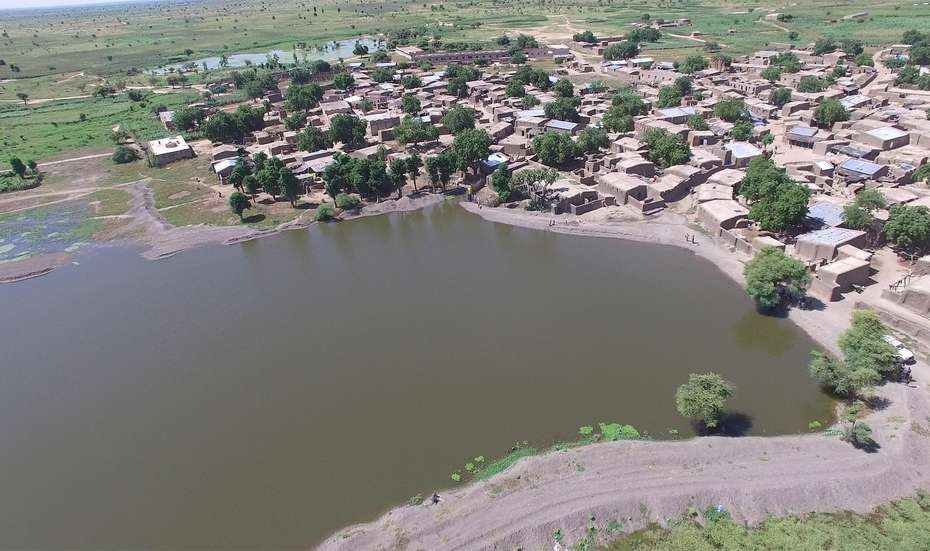
Dams for three more villages
In addition to the dam in Koungo, similar dams have been built in the villages of Diankoute Kamara, Leya and Kadiaba Diala. As part of these projects, care is taken to ensure long-term support for the communities. For example, the community of Koungo has re-established a board of directors for its dam, whose members and technicians have been trained in dam management and maintenance. New rules for water use and ways to enforce the corresponding fees were also established.
"The cooperation with German and local partners is very effective," says Svitálek. "In the coming years, we would like to expand our cooperation to more comprehensive natural resource work in this relatively unstable border area."
The text is based on the article "Building Resilience in the Sahel: Lessons from Mali" written by Jan Svitálek, senior PIN advisor on climate change and climate-smart agriculture, and Miroslav Bálint, deputy ambassador of the Czech Republic to Mali.




